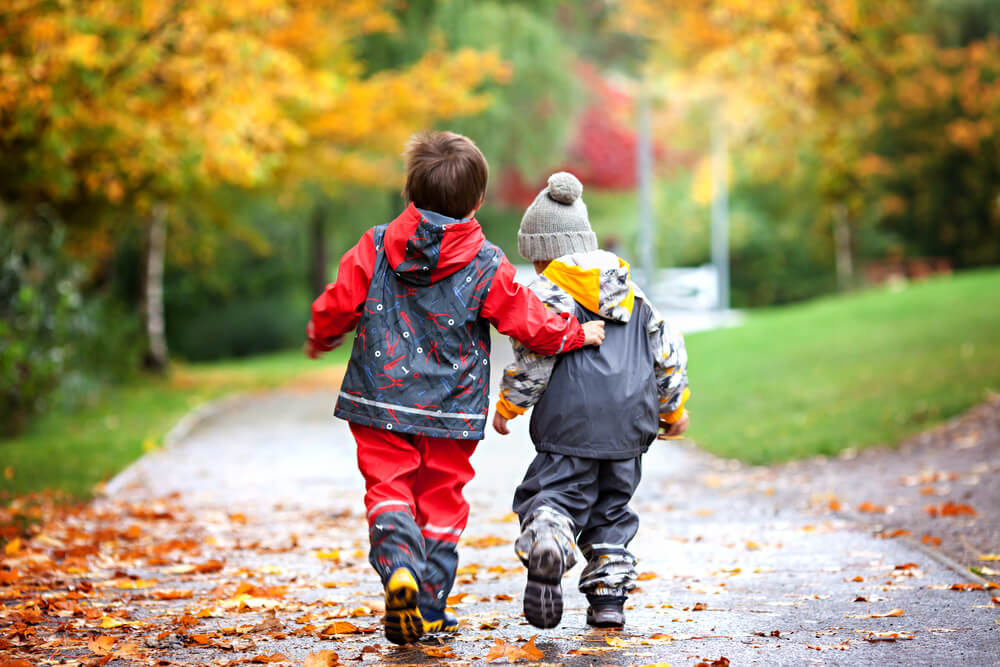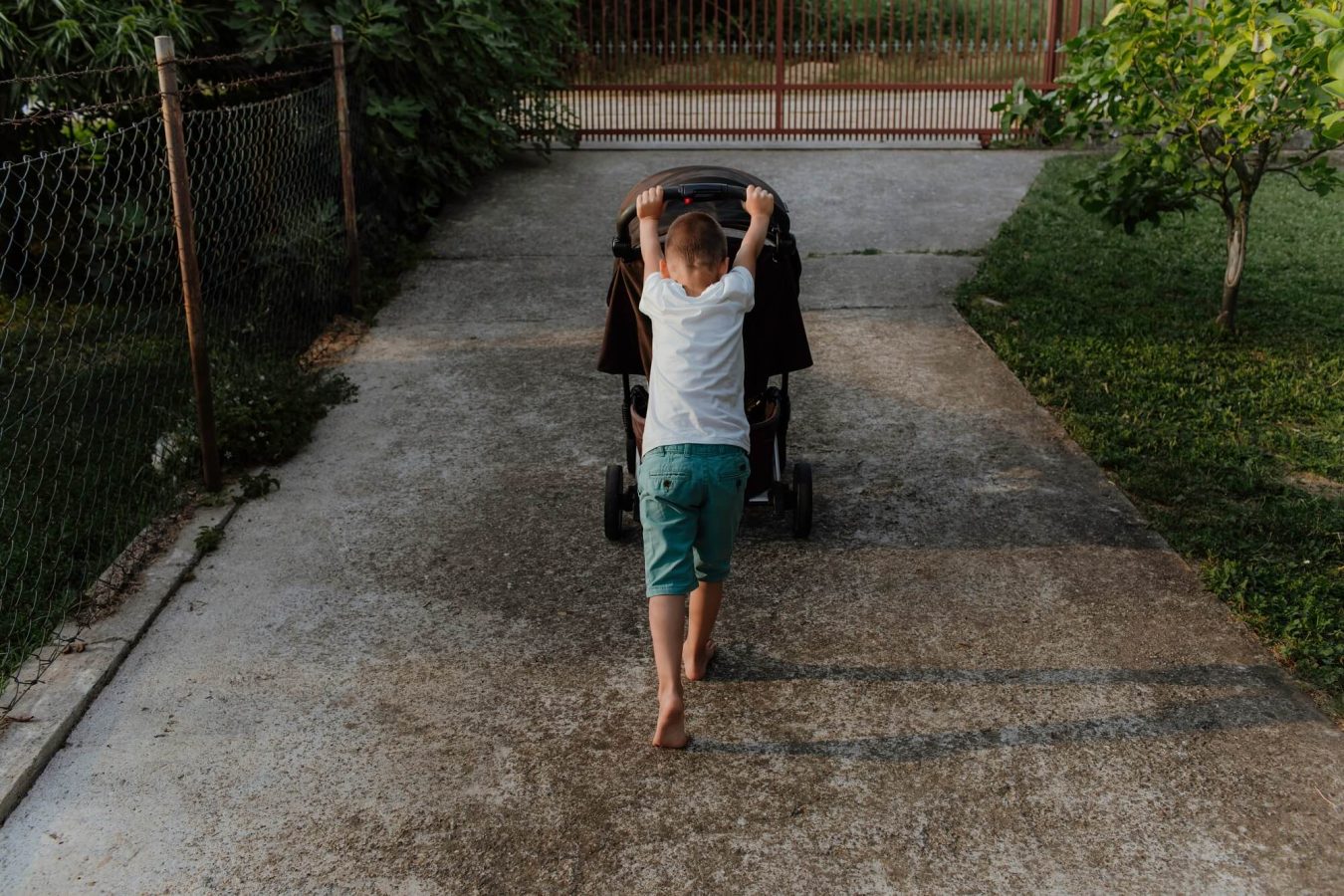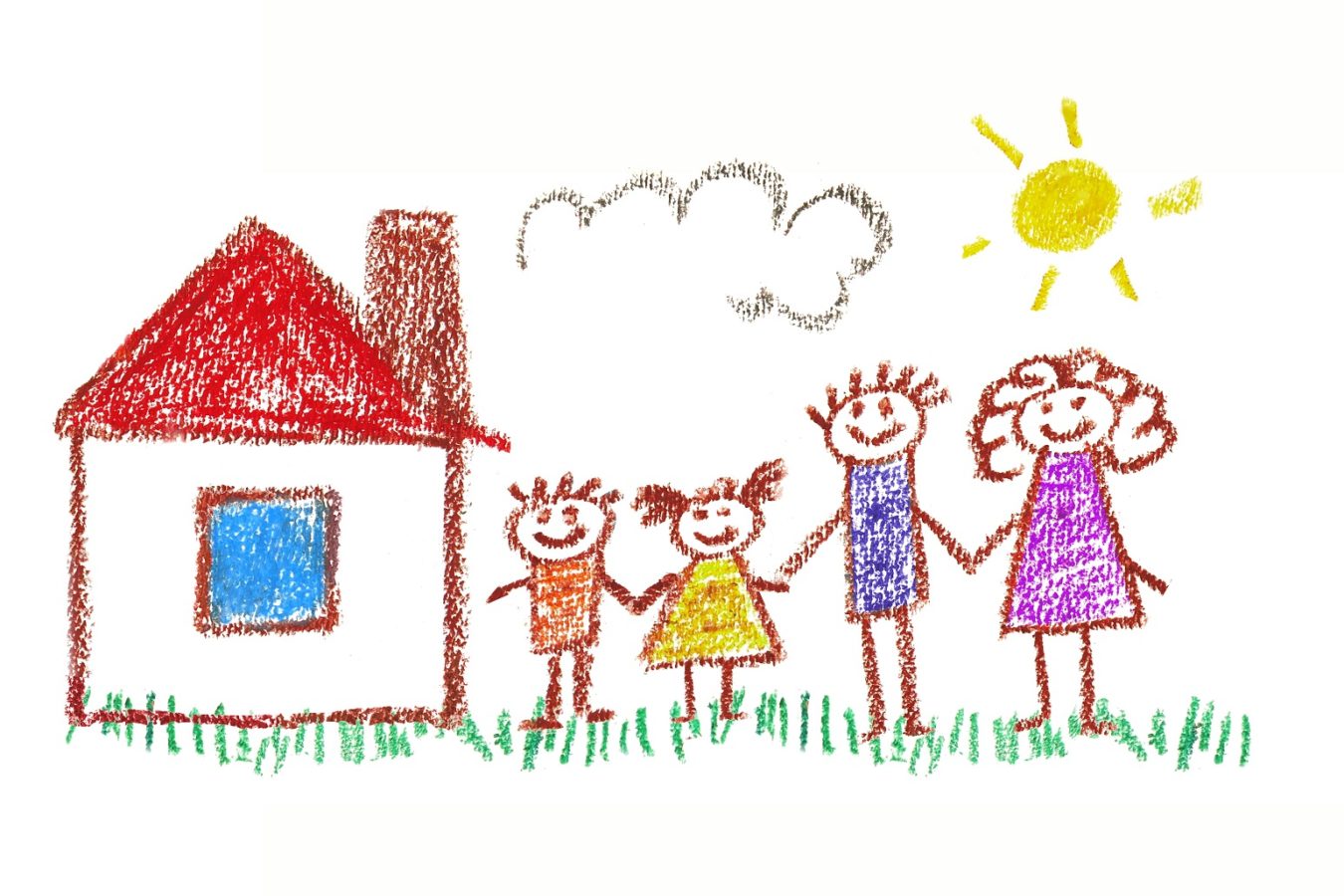
Families with multiple children will likely experience sibling conflict at some point, writes Dr Deborah Trengove. Here she shares what parents can do to help restore calm to the household.
If you have more than one child, you will almost certainly have experienced your children fighting, provoking each other, or competing for possessions, power or your attention. Whilst very common, conflict between siblings can be disruptive and frustrating, shattering our notion of a harmonious household and happy family.
Is it sibling rivalry or sibling fighting?
While there may be some overlap between these two forms of conflict, rivalry between siblings is characterised by the feeling of competition or jealousy for the recognition and attention of their parents. Sibling fighting involves arguing, pushing, physically hurting or breaking things due to children wanting different things and an inability to negotiate, share or solve an issue.
Sibling conflict over time
Beginning with the arrival of a new baby, first-borns have a lot to adjust to, sharing their parents’ time and attention, as well as toys and other possessions. It is normal to see some reactions around this time: perhaps acting like a baby or showing resentment towards their younger sibling. Many families find ingenious ways to make the older child feel a special part of the new arrival and ensure there is some 1:1 time with parents in their day.
In early and middle childhood, children are developing many social, emotional and communication skills: time is typically very immediate for this age group and they often have great difficulty waiting; young children’s capacity to understand their own feelings and those of others is still a work in progress; learning how to verbally express feelings and how to solve a problem, through compromise, sharing, and taking turns is ongoing. Around this age, children often spend a lot of time together, making this a peak time for conflict. Managing the daily routine to allow some time apart can be helpful.
Older children and teenagers typically develop their own interests and unique identities as they grow. Recognise each child’s talents and success. Be aware of perceived ‘favourites’ and make sure each child has an opportunity to build a connection with you.
What can parents do?
Keep calm
One of the most important – but difficult – parts of parenting is to managing our emotions. When children argue, fight or simply don’t get on, we can feel many things, including:
- Frustration – I don’t have time to deal with this!
- Annoyance – I can’t stand the fighting!
- Confusion – what do I do to stop this?
- Worry – is this normal?
Be reassured, it is normal and challenging when our kids don’t get on. Having a plan will help. First, take a breath and pause before addressing the situation. Remind yourself this is an important part of parenting, an opportunity to teach children some life skills.
Help children deal with their feelings
Teaching emotion regulation is a vital part of parenting. The first step is recognising emotions and naming them, appropriate to the age of the children. Help your children articulate what they are feeling – this can help to de-escalate the situation. Make sure you ask both / all children what they are feeling, not just one party. This helps children calm down and move out of the elevated flight-fight-freeze reaction. A couple of simple examples:
- I can see you are frustrated – is that right?
- You look upset – tell me how you feel.
Guiding problem-solving
You don’t want to be the umpire all the time, so it is important to teach your children how to solve disagreements without you. Support them in working through the steps below, so that over time, they can do it by themselves.
- What is the problem? Make sure both (or all) children have their say.
- What are some possible solutions? Children can be creative, encourage them to brainstorm ideas. These might include timed turns, alternative activities, sharing belongings and so on.
- Which solution can you both agree on? It might be one idea this time, then another one next time.
- Outside time can be a great diffuser if things are getting fractious – a walk to the park, playground, gardening and running around are all great circuit-breakers.

Positive reinforcement of co-operation
Give attention when you observe children co-operating and make sure you recognise the specifics of their attempts to resolve differences together. Some possibilities:
- You two came up with a clever solution then.
- I like the way you helped your brother pack up the toys.
Reward teamwork at times, making it explicit, for example ‘you were both so helpful in the supermarket we got the shopping done quickly, let’s go to the park’.
Avoid comparisons
Children naturally compare themselves to their siblings, especially if they are close in age. Gender can also contribute to sibling comparisons, with children of the same gender more likely to be referencing their same-gendered sibling. Try not to compare siblings directly. Examples such as those below may serve to foster resentment and discourage youngsters from giving things a try:
- Your brother Eric could already write his name at your age.
- Why can’t you put your things away like your sister does?
Dealing with differences
Children are different – in temperaments, abilities, interests, developmental pathways, needs, and personalities. Accepting these differences is essential. Don’t expect them always to get on and be together. When praising individual successes, be sensitive to how they are acknowledged in front of siblings; additional recognition can be given privately. It can be helpful to focus on effort as well as outcome to encourage persistence and motivation in all children.
Remember that fairness does not necessarily mean sameness. Children have a strong sense of fairness, but it is impossible to treat every child the same all the time because of different ages, needs and situations. If one child has special needs that take much of your time and attention, be mindful of making space for your relationships with the other children.
Responding to aggressive behaviour
Stay calm and firmly restate the family rule about not hurting each other. Acknowledge the children’s feelings and help them find a solution. If this is serious and ongoing, some professional advice may be helpful.
There are many benefits of having brothers and sisters: building a sense of connection and belonging, sharing fun times with ready company, learning first-hand about tolerance and cooperation and much more. The interactions between siblings can be an opportunity to build children’s interpersonal skills and create family bonds which last for years to come.
About Deborah Trengove
Dr Deborah Trengove is a former school psychologist and school wellbeing leader, and a regular contributor to The Parents Website.
Deborah’s previous articles for The Parents Website include Team Family: Why we need the family meeting, 10 tips to help your teen out of the Procrastination Trap, How parents can help kids make good friends, and Lessons from lockdown: The good things we’ve discovered.
Stay up to date with our newsletter here

